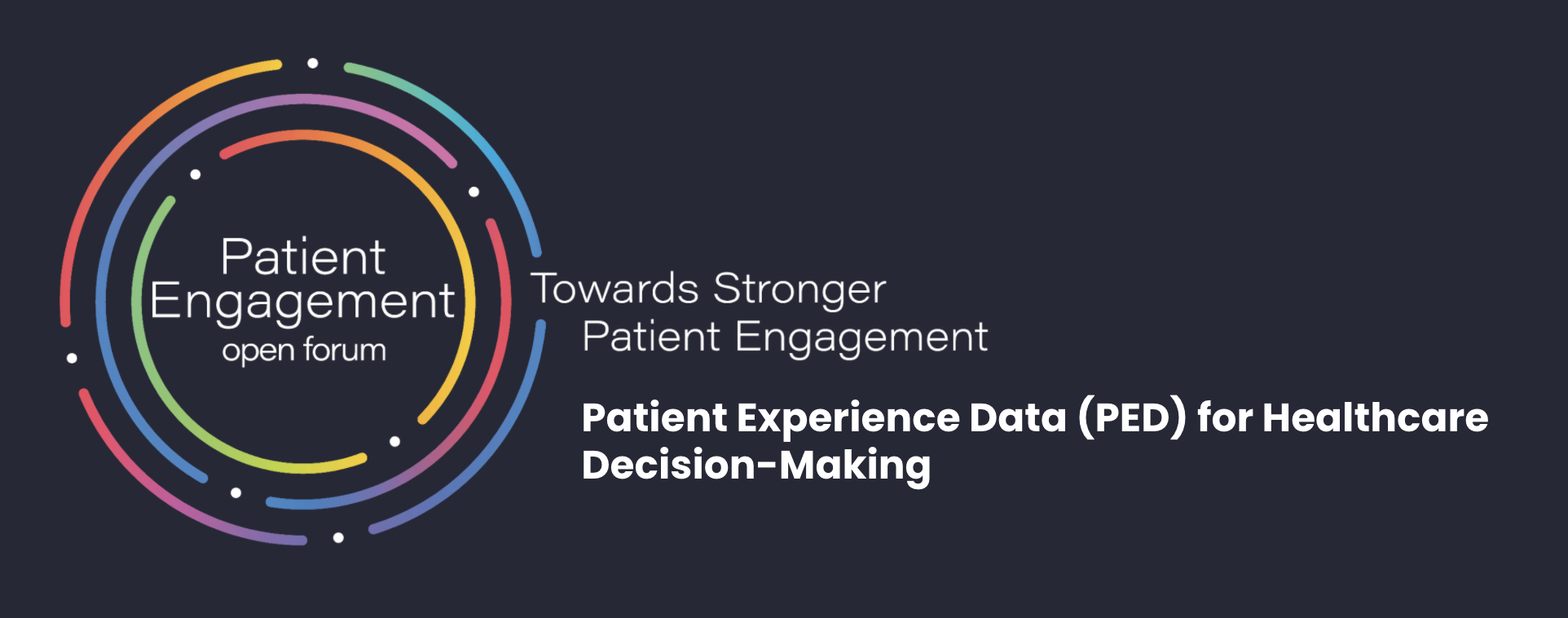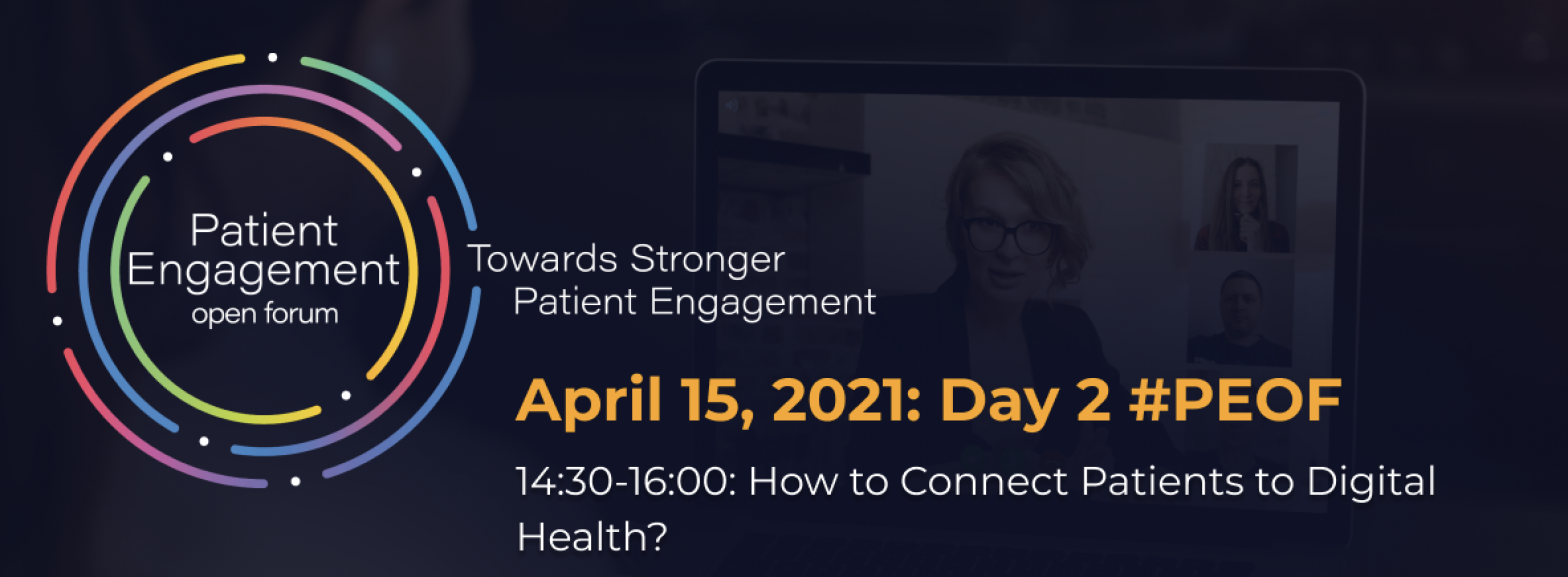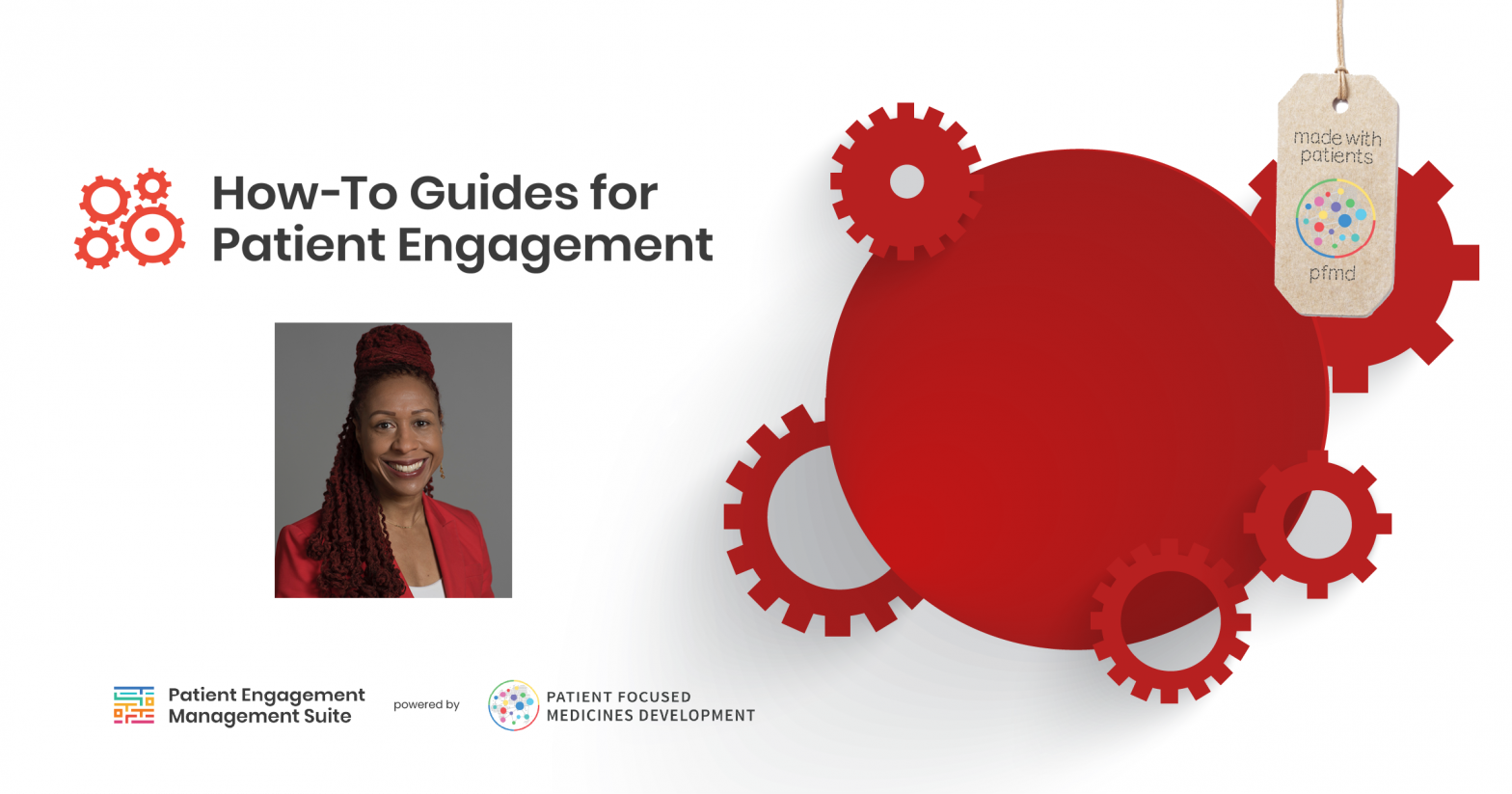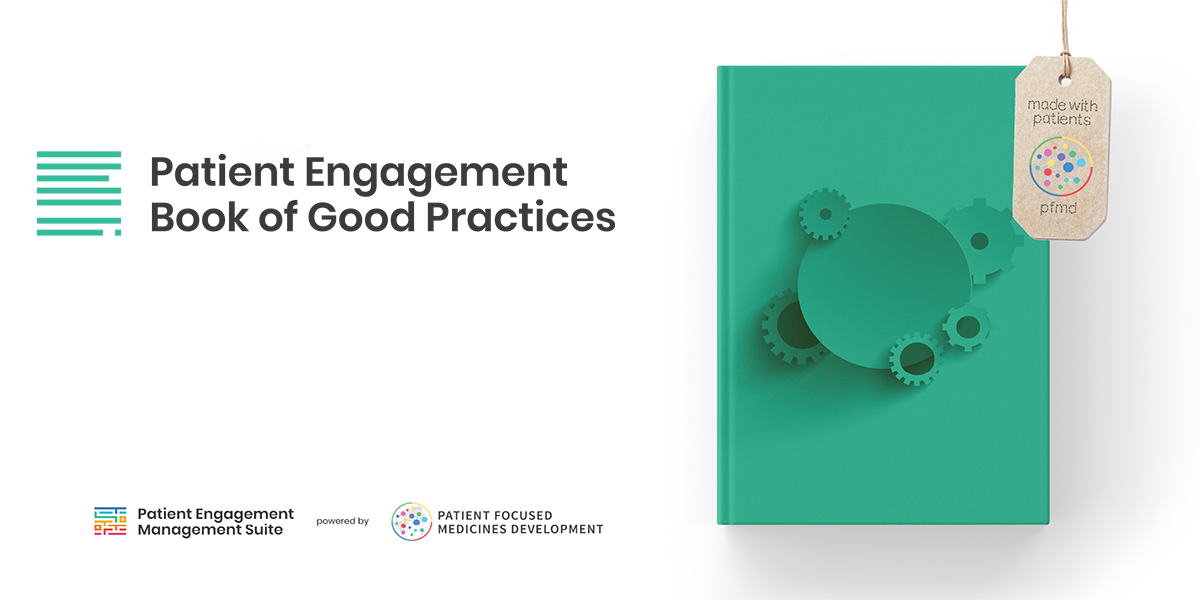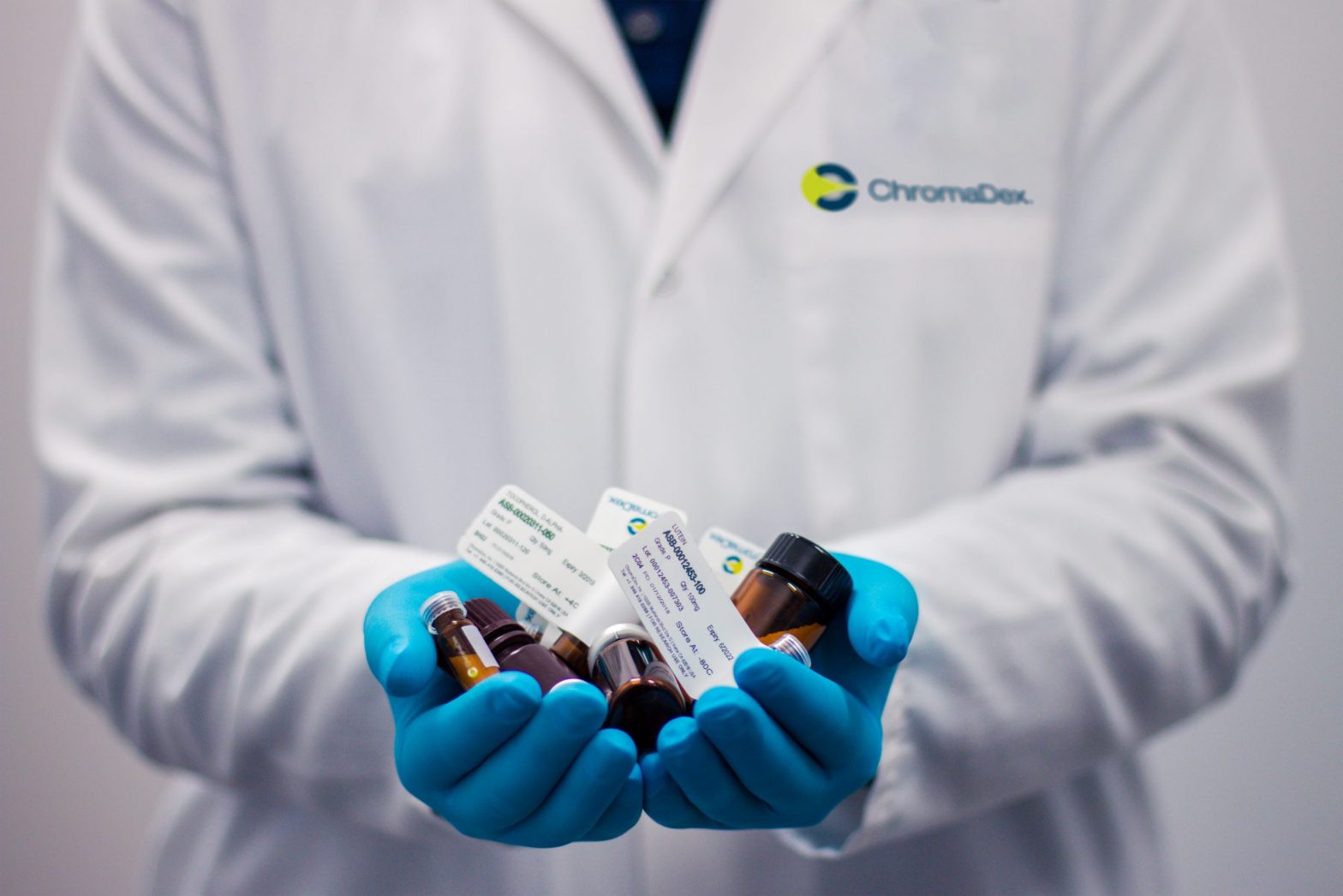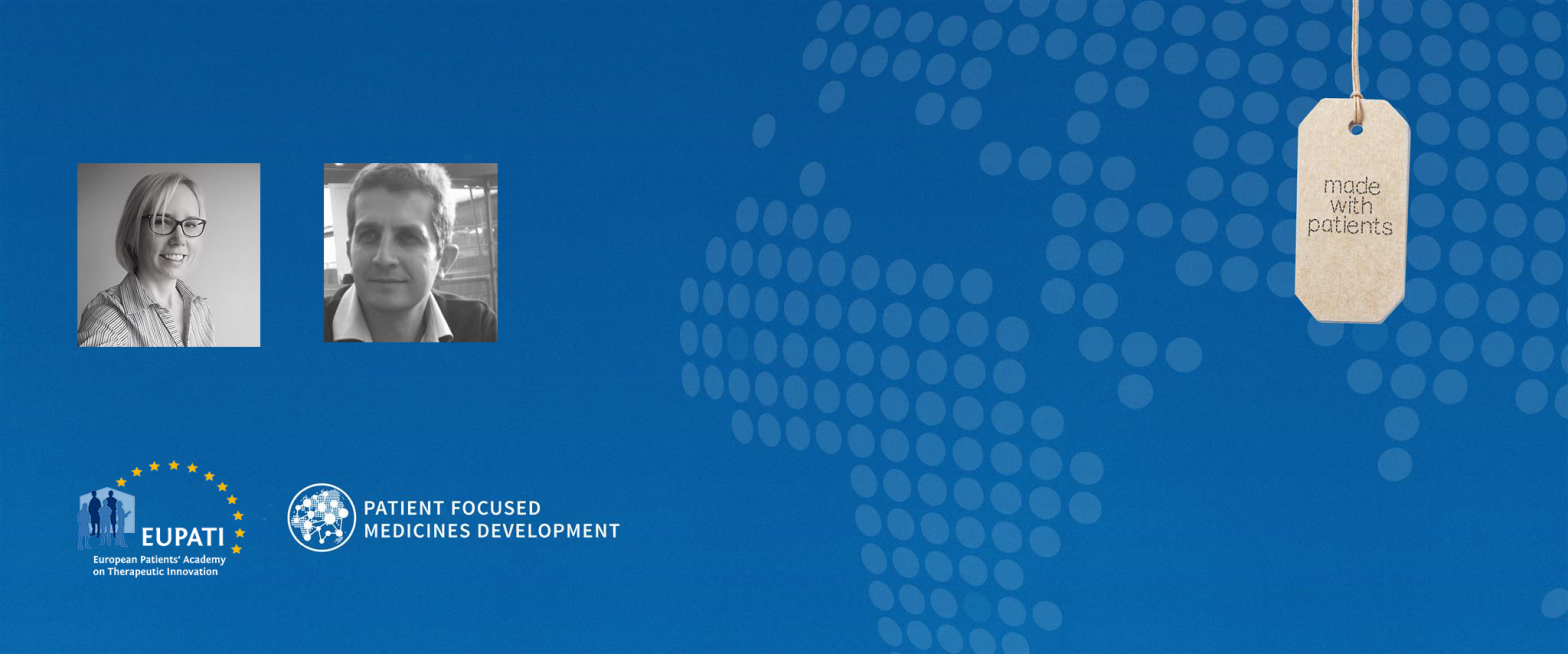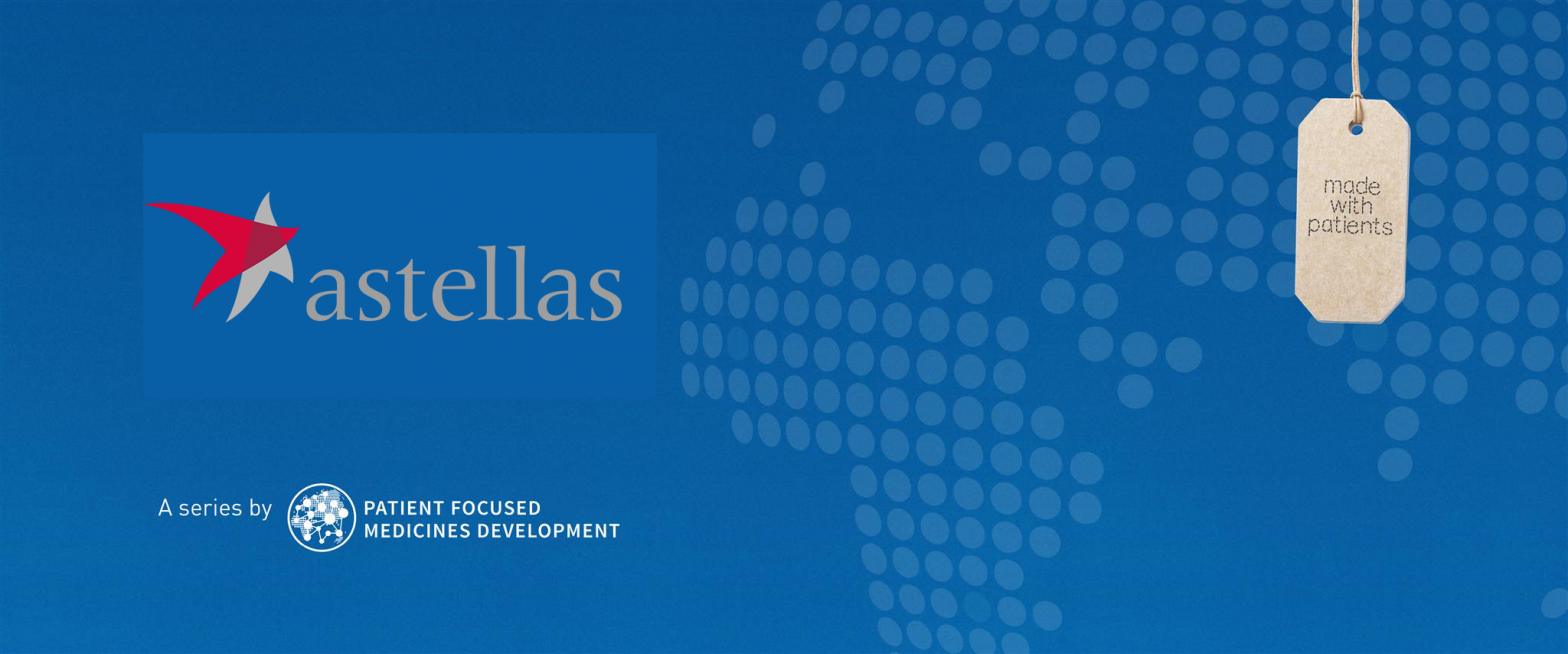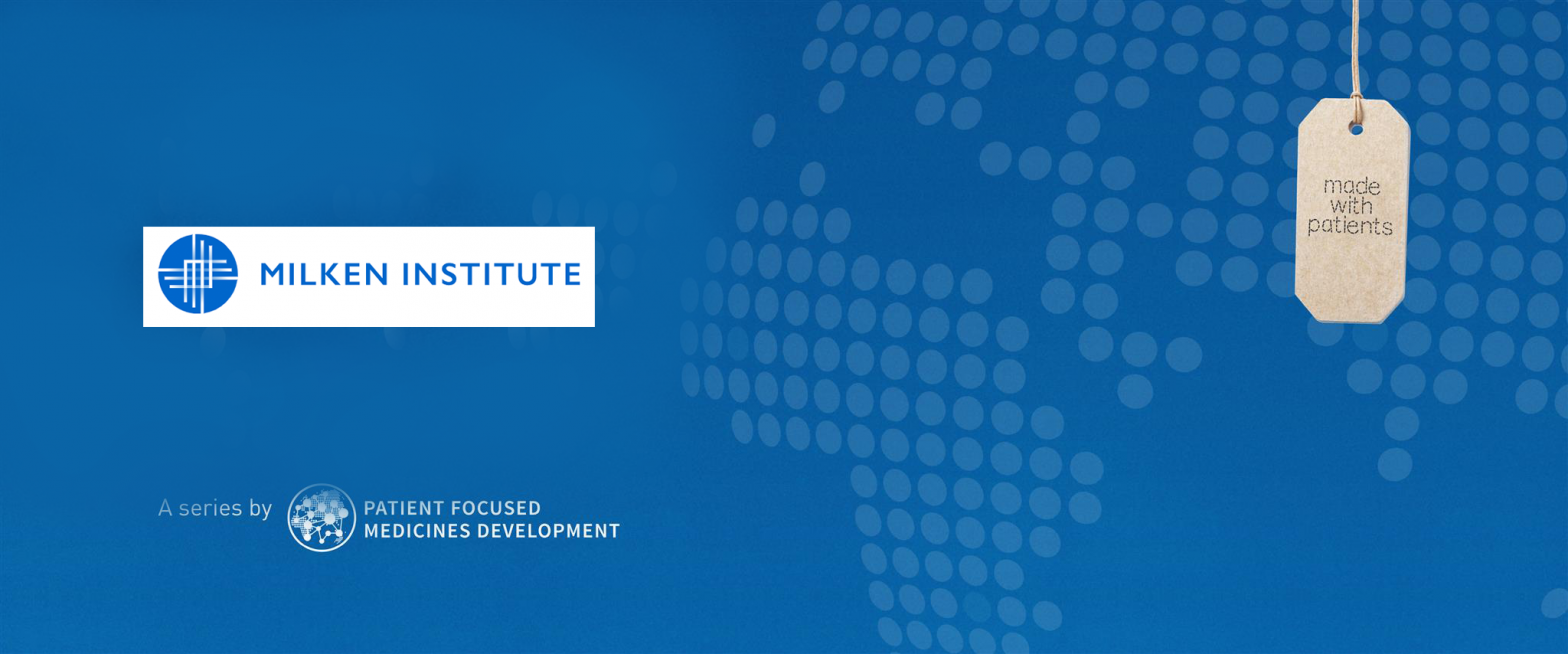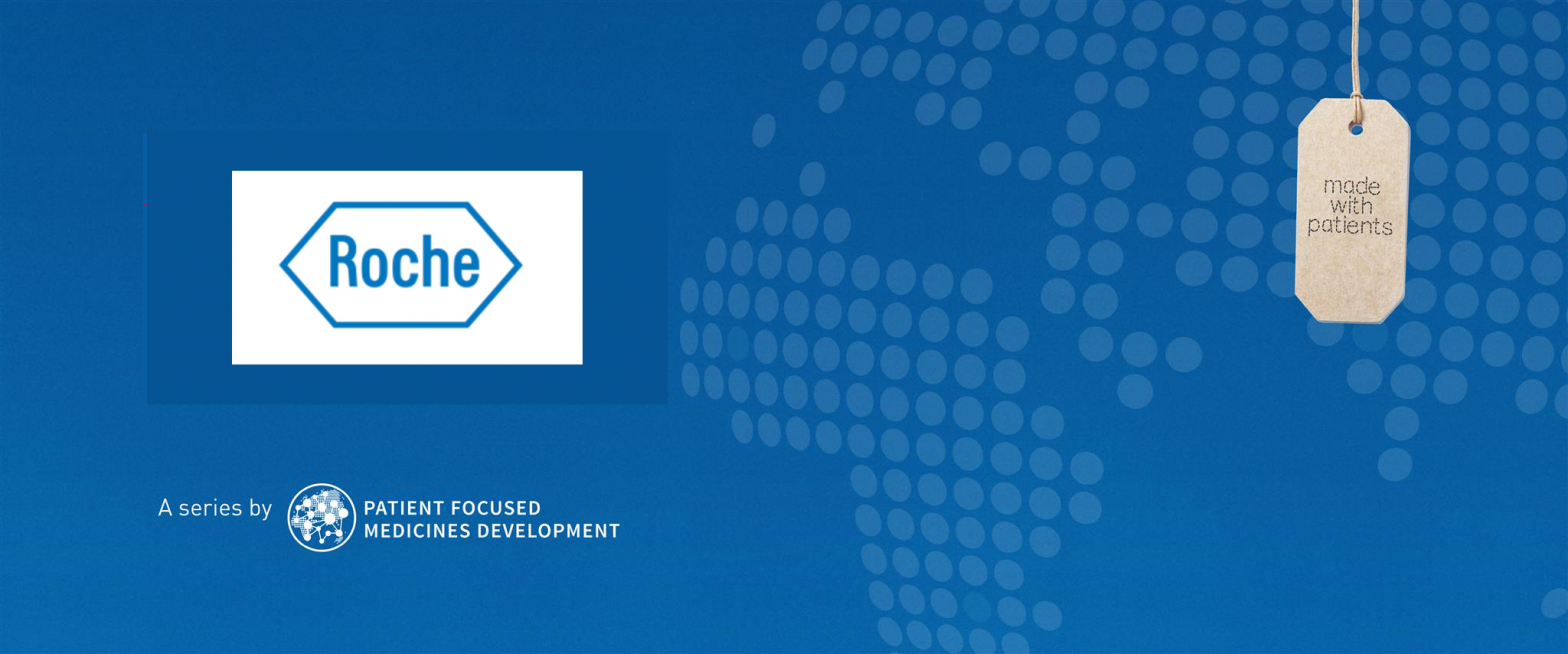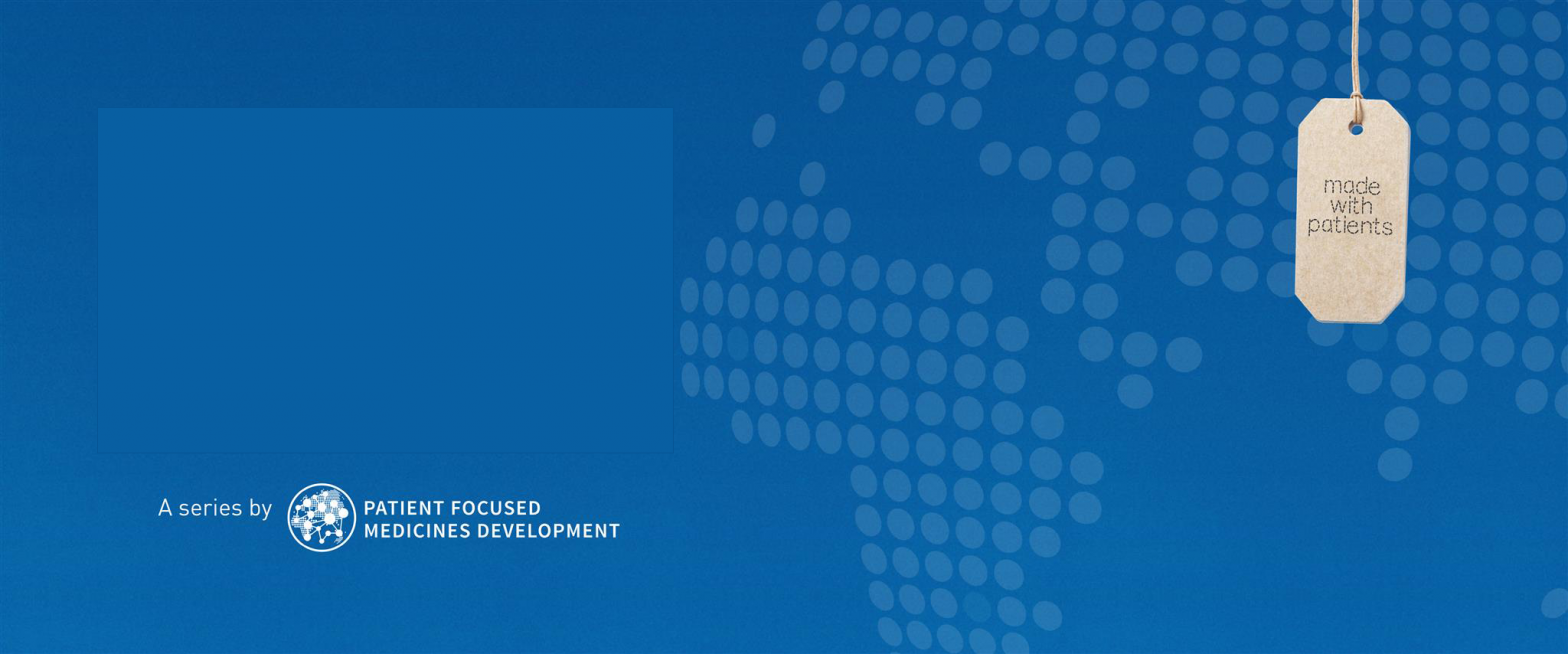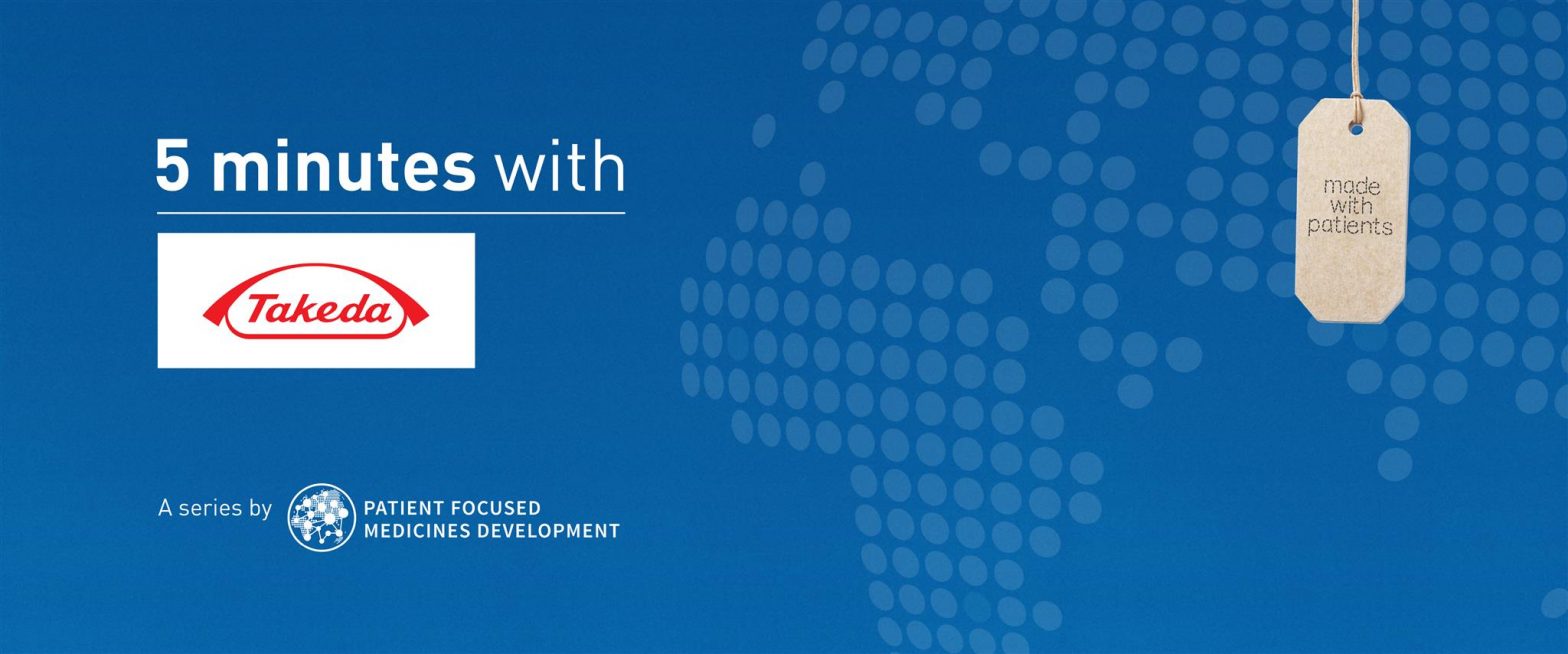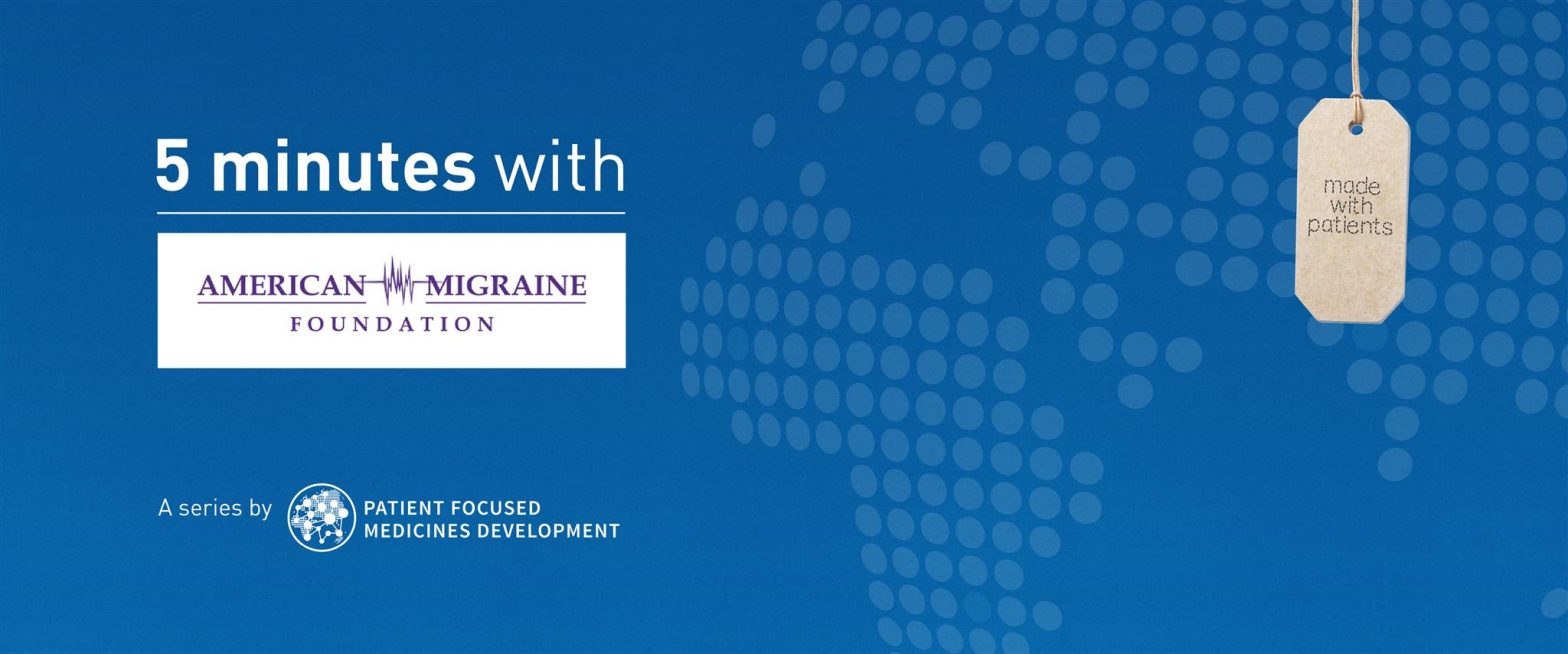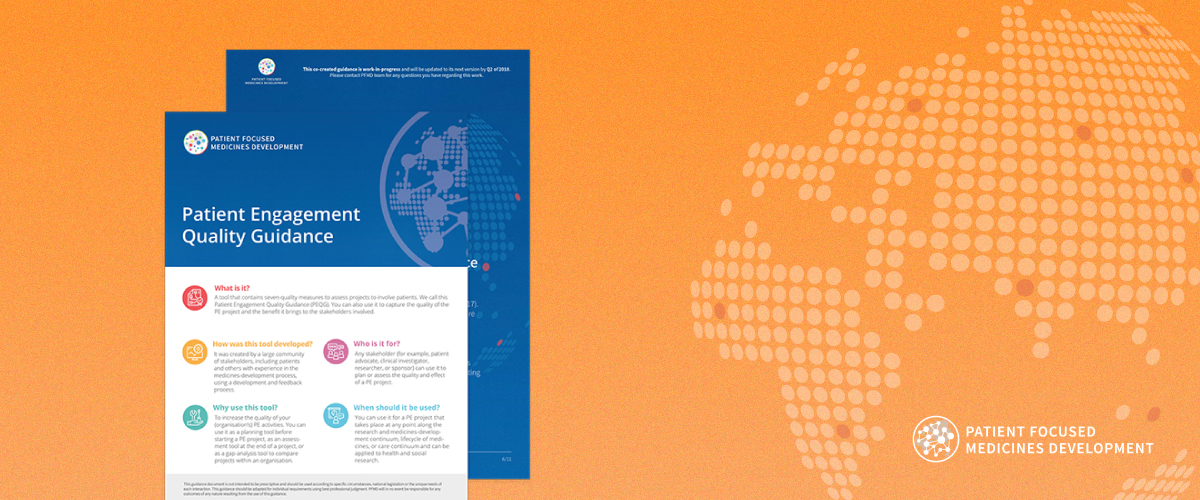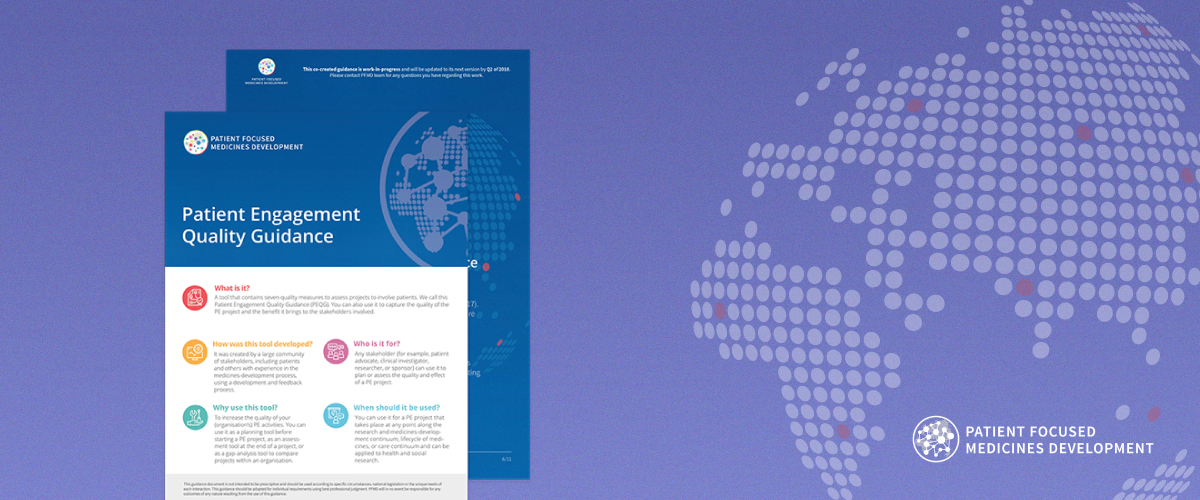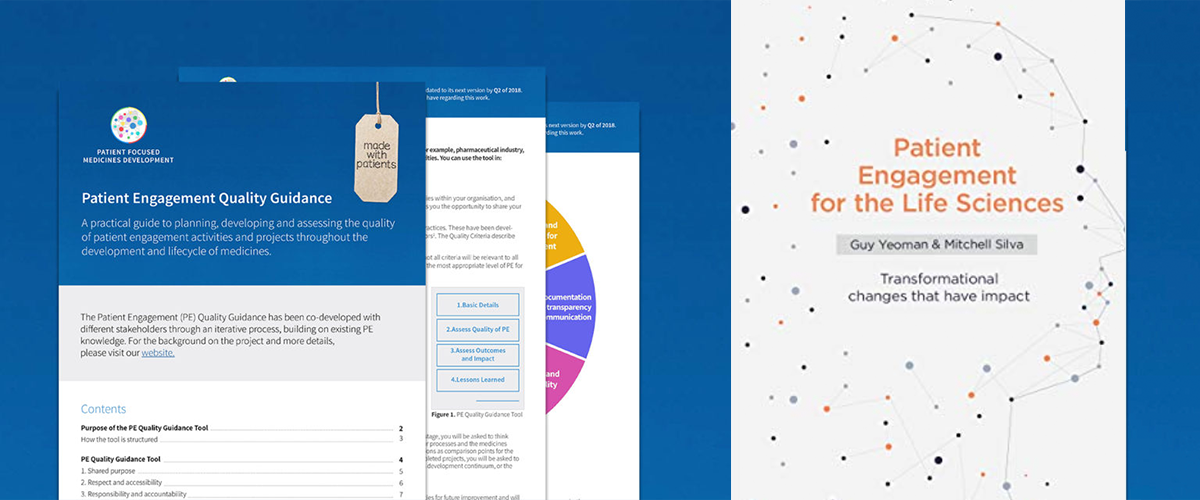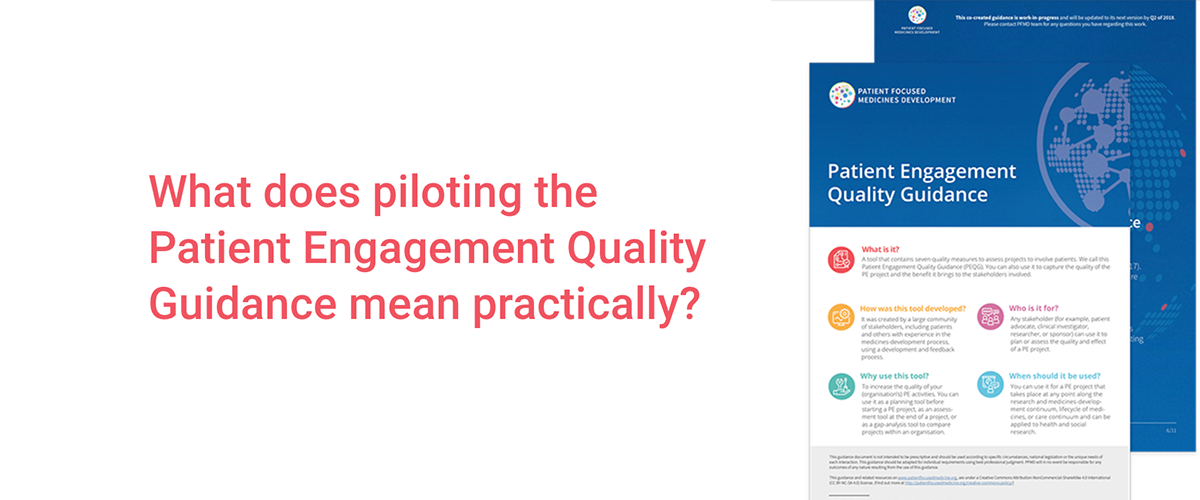Consulting patients early and often can help regulators understand how medicines users view risk, benefit and quality of life
The case of Lotronex (alosteron), a medicine for the management of severe irritable bowel syndrome (IBS), illustrates how patients can work with drug regulators to get the risk-benefit balance right.
The story has echoes of Tysabri – a well-known multiple sclerosis drug which was once withdrawn from the market over safety concerns, only to be reapproved by the US Food & Drug Administration (FDA) under certain conditions after patients campaigned for access.
Lotronex was first approved by the FDA in February 2000 after a seven-month review by experts. It was not a perfect IBS medication: it worked only in 10-20% of patients. However, it was a welcome new therapeutic option for people living with bowel problems.
IBS can be a debilitating condition. In its severe forms, it can have a profound impact on quality of life. Patients say it disrupts their home and work life, often making social and professional events challenging.
For those with severe diarrhoea, the need to be near a bathroom, and the risk of an embarrassing episode in public, make it difficult to plan holidays, parties or work meetings. As a drug that offered some the possibility of regaining control and restoring independence, it was welcomed by patients.
However, the story took a sharp turn for the worse when Lotronex was withdrawn from the market amid reports of severe adverse reactions.
FDA under fire
Almost 500,000 prescriptions for the drug had been filled by November 2000 when the manufacturer decided to stop shipping it while safety data was reviewed. More than 80 cases of ischaemic colitis, 113 of severe constipation and seven deaths were reported. Reports of an adverse event while using a drug does not necessarily prove a causal connection but the rate of these incidents was a cause of serious concern.
The regulator came in for heavy criticism from doctors and journals. Richard Horton, then Editor of The Lancet, published a searing attack on the FDA accusing it of being too eager to approve the drug in the first place. He also argued that the drug should have been withdrawn earlier as some patients reported constipation and ischaemic colitis in the weeks immediately after it became available.
Patients speak out
While FDA officials was facing criticisms in professional journals, they were also being inundated with letters and calls from patient groups. However, patients were not complaining that the drug should have been suspended earlier – they were calling for access to the treatment to be restored.
One of the most vocal was the Lotronex Action Group (LAG) set up by patients at the IBS Group – a self-help and support community for people living with IBS and digestive health problems. Along with the International Foundation for Functional Gastrointestinal Disorders (IFFGD), they argued that certain patient types were willing to tolerate higher risk than might be expected by regulators and clinical experts. The LAG also complained that the medical profession had been slow to recognise the debilitating nature of severe IBS.
In June 2002, the US regulator re-approved Lotronex for a small subset of patients with certain restrictions. Only women with severe diarrhoea-predominant irritable bowel syndrome, for whom other treatment options had not been satisfactory, can be treated with the drug.
Patients taking the drug under the new license were required to signs a patient-physician agreement indicating that they had been informed of the risks associated with the product. Doctors prescribing the drug had to enrol in a physician-prescribing program on a dedicated website.
The move was the first time a drug was returned to the US market after having been withdrawn for safety reasons.
Lessons learned
The Lotronex story shows how hearing patient experience can lead regulators to reach decisions that reflect patients’ views of risks and benefits. The real take-home is that, rather than doing this after a product has been launched, patient input should be sought by regulators from the outset.
How patients’ voices can change drug approval
Tags:











